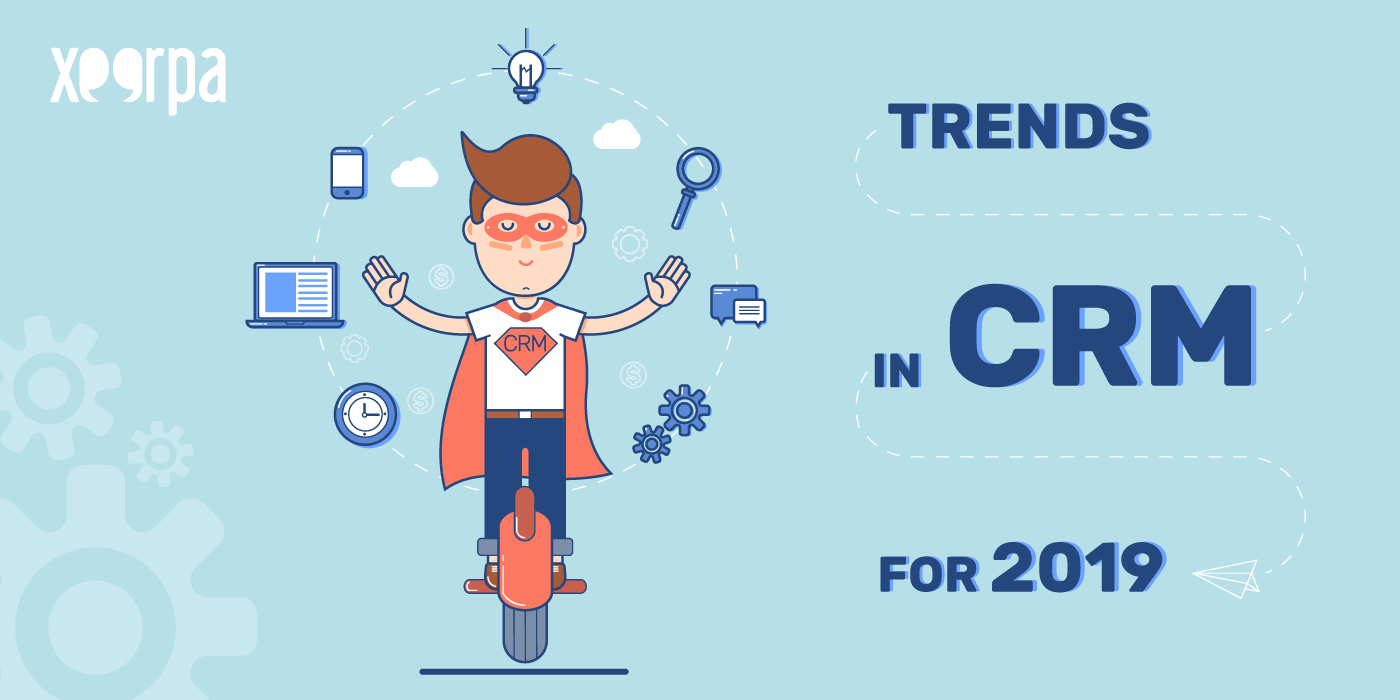2018 was the year of GDPR, with companies having to work hard in order to accommodate their data collection processes to the new regulations, resulting in more transparency and providing users with a greater control over their own personal information.
Last year we were also witnesses of how companies increased their efforts in adopting cutting-edge technologies that help them automate their customer journeys, with Marketing Cloud becoming more and more popular.
As a summary, we have brought together a recap of the most relevant CRM trends for 2019, that we are observing in the market through our conversations with clients and partners, throughout a great variety of industries and use cases:
- Greater intelligence in the application of data and personalization. GDPR is raising great user awareness, putting more pressure on companies to use personal information to create smarter and truly personalized experiences. Users now expect a higher level of personalization in return for their information.
- The customer profile begins even before the user’s identity is discovered. CRM platforms are no longer alone when managing identities; today the most advanced DMPs and Customer Data Platforms analyse users’ anonymous data from the moment they visit our website, even before their first touchpoint, when the identity of the user is typically revealed.
- Social data as an essential source of information for building and enriching customer profiles. A few years ago, only the most innovative companies implemented Social Login in their websites to facilitate user registration and signing in. Today, Social Media Profiling techniques form part of nearly all advanced Social CRM projects and strategies.
- Artificial Intelligence in segmentations. New CRM technologies are learning how to make decisions by themselves, for example on what path a user should take on the journey, based on their interaction history: The machine will decide who receives which email or what kind of content or ad will most likely appeal to a specific user.
- Implementation of a DMP for digital advertising management. Larger companies are implementing their own DMP strategy in order to measure ROI, having greater control over the real impact each campaign and ad is having.
- Voice assistants are emerging as a new channel of contact between brands and customers. Today, digital channels such as the website, social media and messaging services are well established 1to1 contact channels. But users are now also beginning to communicate with brands through chat bots and voice assistants. As these assistants become more and more intelligent, sooner than later they will be doing most of the talking!
- The future application of the ePrivacy regulation will further protect users’ privacy in electronic communications and services. For instance, it will be mandatory for companies to provide their services even to those users who do not consent sharing their private data for future use.
Last but not least, it’s worth mentioning a few words about the timeless application of common sense. The “tools” and technology are often confused with the “aims” and our goal. In the end, the most important thing is to offer excellent customer attention, regardless of the channel, the algorithms or the database that we use. Our clients need to feel important and comfortable with our company and brand, as this is the only thing that will guarantee their loyalty.


